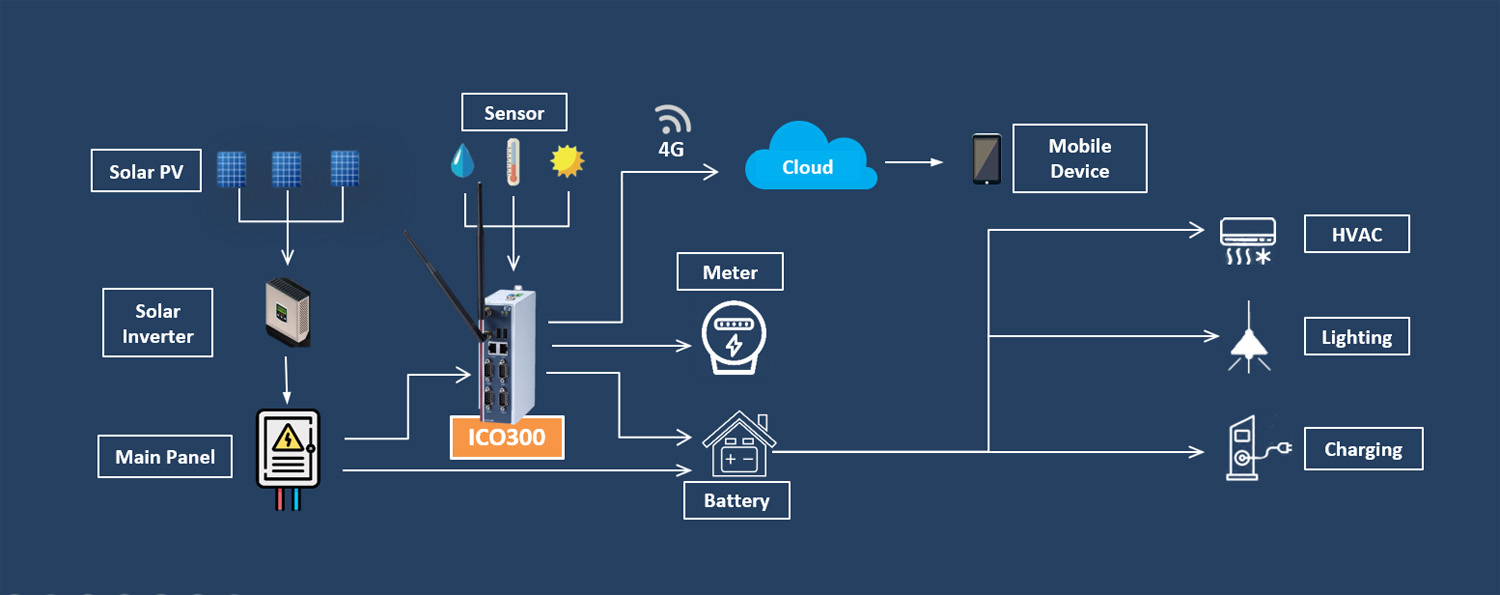Yes, a Battery Management System (BMS) is crucial for solar power setups. Solar systems greatly benefit from the application of a BMS.
Having a Solar Battery Management System in place is key for the effective functioning of solar systems. It regulates the charging and discharging process of the batteries, which is critical to maintaining their health and extending their lifespan. Not having a BMS could lead to issues like overcharging or discharging, which can severely degrade the batteries’ performance and shorten their life.

There are, of course, disadvantages to having a battery management system. It adds complexity to the setup and requires additional maintenance, particularly if one is not technically adept. Yet, the advantages outweigh the downsides, considering the increased battery life and efficient energy management.
Specific types of BMS, like the Solar BMS LiFePO4, are designed for lithium iron phosphate (LiFePO4) batteries, commonly used in home and marine applications. The home battery management system ensures a safe and efficient power supply for the house, while the marine battery management system focuses on providing reliable power in water-based environments.
Victron Energy is a well-known company offering robust solutions for battery management, including Victron BMS. The Victron Battery System, equipped with their proprietary BMS, offers reliable power management for various applications, from residential to marine uses. They are trusted solutions that combine efficiency, longevity, and safety, making them an excellent choice for solar power system owners.
Battery Management System: A Crucial Component

Credit: www.axiomtek.it
Role of a BMS in Off-Grid Solar Systems
A Battery Management System (BMS) finds its utility in an off-grid solar system due to its ability to guarantee the battery’s safe and effective operation. It stands as a key protector for the battery, guarding it against harmful scenarios like overcharging and over-discharging. These conditions can inflict serious harm on the battery, potentially cutting down its lifespan.
Preventing Overcharging and Over-discharging
Overcharging happens if a battery receives more current than its capacity can handle, causing it to heat up excessively and, in the worst cases, explode. On the other side, over-discharging occurs if the battery’s energy is excessively drained, which may lead to an irreversible loss of capacity.
A BMS plays a crucial role in keeping the charging and discharging within safe limits. By continuously monitoring the state of the battery, it can regulate the charge/discharge cycles, thereby extending the battery life and ensuring its smooth functioning.
Specific Applications of BMS in Solar Systems
Home and Marine Use
Depending on the specific application of the solar system, different types of BMS can be utilized. For instance, a home battery management system is used in residential solar power setups. This system guarantees a reliable and efficient power supply for the home, protecting against power outages and maximizing the use of solar energy.
Meanwhile, a marine battery management system is designed for nautical environments. This BMS ensures stable power supply even under challenging marine conditions, contributing to the safety and reliability of seafaring vessels.
Victron Battery System
Companies like Victron Energy provide robust and reliable battery management solutions. The Victron Battery System, equipped with a Victron BMS, offers secure power management suitable for various applications – from residential to marine. This system ensures that all elements of the battery, including charging and discharging, temperature, and voltage, are carefully regulated to optimize performance and longevity.
Frequently Asked Questions (FAQs)
What Is a Solar Battery Manager?
A solar battery manager, or a Battery Management System (BMS), is a device that oversees the charging and discharging of batteries in a solar power system. It plays a critical role in ensuring the safety, performance, and lifespan of batteries.
Can the Victron Smart BMS CL 12/100 Be Used in a Solar System?
Yes, the Victron Smart BMS CL 12/100 can be used in a solar system. It’s a high-quality BMS designed to protect Victron Li-ion batteries. It can control the charging and discharging process effectively to maintain the battery’s health and longevity.
Is Victron Energy Battery Management System BMS 12 200 BMS012201000 Good for Solar Systems?
Yes, the Victron Energy Battery Management System BMS 12 200 BMS012201000 is excellent for solar systems. It’s a reliable BMS that ensures safe charging and discharging of the batteries, thus preventing damage and increasing the lifespan of the batteries.
Why Is the Battery Management Unit Important for a Solar System?
The Battery Management Unit is a key component of a solar system because it monitors and manages the battery’s functions. It prevents overcharging and over-discharging, which can harm the battery and reduce its lifespan.
What Does BMS Battery Mean?
BMS stands for Battery Management System. It refers to a system that controls the charging and discharging of batteries, ensuring they operate safely and efficiently. In the context of solar systems, a BMS is crucial for battery longevity and overall system performance.
What Are the Requirements for a Battery Management System?
A Battery Management System requires compatibility with the type of battery used (e.g., Li-ion, Lead Acid), capacity to handle the battery’s voltage and current, and features like overcharge, over-discharge, and temperature protection. It may also need connectivity options for monitoring and control.
Are There Any Disadvantages of a Battery Management System?
While a Battery Management System offers many benefits, it also presents a few disadvantages. For instance, it adds complexity to the setup and requires additional maintenance. Despite this, the pros of having a BMS generally outweigh these cons, as it greatly enhances battery life and performance.
You might also like: